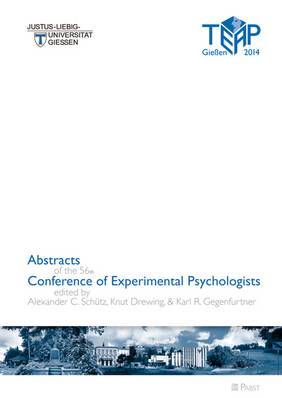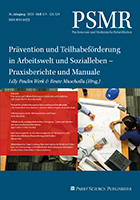Episodic memory consolidation during slow-wave sleep (SWS) was often tested with verbal and pictorial memory paradigms. However, research neglected whether sleep-dependent memory consolidation is more efficient for verbal or pictorial learning. Dr. Maren Kater et al (University Osnabrück) employed in a new study a recognition paradigm with both stimuli types to address this question.
The psychologists report (in Abstracts of the 56th Conference of Experimental Psychologists): "An associative encoding task, applicable to pictures and words, was used: words and grayscaled pictures were presented on unicolored backgrounds while participants were asked to form stimulus-color associations. Recognition for half of the stimuli was probed immediately after encoding and served as a baseline.
Baseline performance was compared to the memory performance after three hours of sleep (predominantly SWS, experimental group) or an awake interval (control group), tested with the remaining stimuli. Tests did not reveal any differences in concentration endurance after sleeping or waking. Results show that the overall memory performance for pictures was better than for words. Interestingly, our data revealed that only consolidation of pictorial material benefits from sleeping: Test performance significantly decreased after being awake but not after sleeping. Verbal memory consolidation did not show any differences between groups. These findings indicate a preferential consolidation of pictorial, as compared to verbal, material during SWS."
Abstracts of the 56th Conference of Experimental Psychologists
Schütz, Alexander C.; Drewing, Knut; Gegenfurtner, Karl R. (Eds.)























